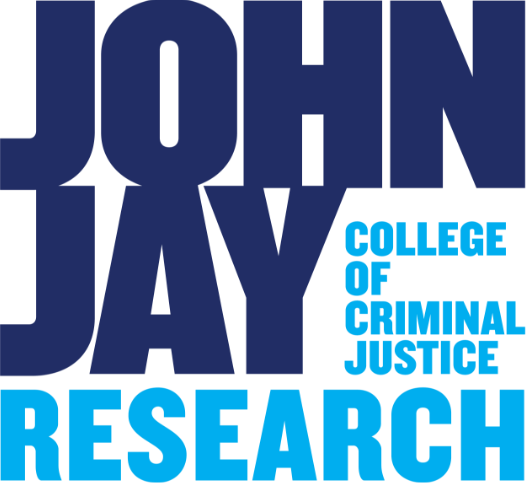Shedding Light on Subtle Forms of Discrimination
Dr. Kevin Nadal passionately addresses subtle yet pervasive discrimination faced by marginalized communities
Author: Remmy Bahati
At a time when society is grappling with deep-seated issues of social justice, microaggressions are often seen as minor. However, people from marginalized groups face this subtle form of discrimination daily. These seemingly harmless comments or actions can profoundly impact individuals’ mental health, leading to traumatic stress and other adverse long-term outcomes. Dr. Kevin Nadal, a John Jay Distinguished Professor and a pioneering researcher in microaggressions, seeks to tear down the subtle but insidious forms of discrimination that have long plagued marginalized communities.
As a queer, Filipino-American immigrant, Dr. Nadal knows first-hand the pain of exclusion and stereotyping. Personal experience has fueled his passion to address the harmful impact of seemingly innocuous comments and actions that may target individuals based on aspects of their identity, like race, gender, and sexuality.
“I grew up in a world where I was told that I wasn’t good enough, smart enough, attractive enough, or capable enough, and yet have been able to succeed,” he says.
Dr. Nadal’s scholarship sheds light on an often-overlooked issue. It offers insights into how we can recognize and combat microaggressions to create a more equitable and just society.
His work centers on the experiences of marginalized groups, particularly LGBTQ individuals and people of color, and people with disabilities. It highlights the unique challenges and microaggressions that members of these communities face and has been instrumental in promoting understanding and empathy across communities. One of Dr. Nadal’s most notable contributions to the field has been his development of the concept of “intersectional microaggressions,” which refers to the unique experiences of individuals who face discrimination based on multiple aspects of their identity. This work has been cited extensively in academic literature and has helped to shape conversations around the intersectionality of discrimination.
“Being from these communities as a queer person and as a child of an immigrant, my work has been able to understand the undertones because I have been able to talk to people within the community who may have similar experiences,” Nadal says.
Dr. Nadal’s research has explored the different types of microaggressions, including microinsults, microinvalidations, and micro assaults, and their impact on individuals and communities. His work has been influential in shedding light on how these harmful behaviors contribute to the perpetuation of inequality and social exclusion. As a result, Nadal has seen real changes take place.
“One of the things that’s been really interesting about my research is the ability to apply some of my research findings to policy and advocacy. For example, with my work over the past 15 years or so, I have seen a real shift in the ways people talk about microaggressions to the point where microaggressions as a term has entered the Webster dictionary. That’s really gratifying, knowing that your work has impacted public discourse in such a way,” he says.
One of Dr. Nadal’s key contributions is his development of a taxonomy of microaggressions, which provides a framework for identifying and categorizing these subtle forms of discrimination. This taxonomy has been widely used in academic and practical settings, helping individuals better recognize and address microaggressions in their interpersonal interactions and institutional practices.
“Some of my work regarding intersexuality and mental health has been adopted by government agencies that are trying to shift policies to ensure that certain communities are now heard,” he says. “For example, the way Asian Americans and Pacific Islanders talk about mental health issues is a direct result of some of the research that has come out in the past 30 years, which I have humbly contributed to. This research has allowed people to talk about mental health issues in a way like never before.”
Beyond his research, Dr. Nadal is also a prominent social justice and equity advocate. He has written numerous books and articles on microaggressions and is a sought-after speaker and consultant on issues of diversity and inclusion. His significant media presence on numerous television programs and online platforms to discuss his work and raise awareness has brought issues related to intersectionality and microaggressions to a broader audience. Through his work, he has made a significant impact on the field of psychology and society as a whole, helping to create a more equitable and just world.
Dr. Nadal’s latest publication, Dismantling Everyday Discrimination: Microaggressions Toward LGBTQ People, builds on his previous work by exploring the experiences of this particular group and suggesting avenues for intervention and support. The publication is a significant contribution to the field and has received widespread attention from academics and members of the general public alike.
At a moment when progress in the fight against discrimination seems slow, Dr. Nadal is a powerful voice and is not one to back down from a challenge. “It’s so easy for people to think that you can’t do anything because you either have never seen it or because you have heard from others that it’s impossible or that it’s something that won’t be worth it in the end. I hope people will hear my story and recognize that anything is possible.”
